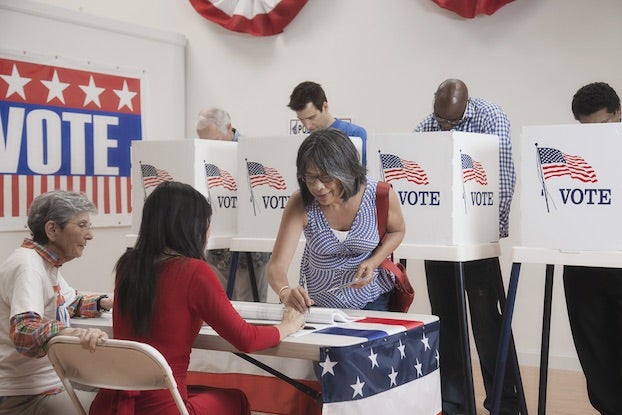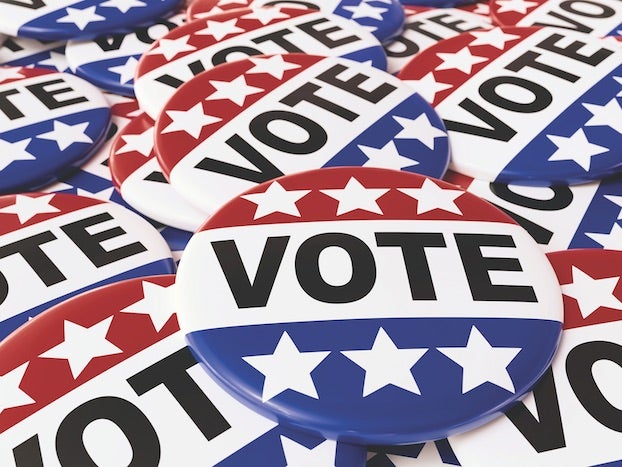Budget shortfalls perennial problem
Published 9:22 am Wednesday, November 26, 2014
The Bobby Jindal administration got out its big brooms last week in preparation for another sweep of special funds in order to come up with $180 million to balance the state’s $25 billion budget before June 30. It is a process that has become too commonplace for six of the seven years that Jindal has been in office.
Members of the Joint Legislative Committee on the Budget heard how the administration plans to close that gap. It said it has found over $130 million in extra money. Other funds will come from eliminating 167 vacant positions and freezing travel, supplies and contracts.
Sen. Jack Donahue, R-Mandeville, is chairman of the Senate Finance Committee. He told The Advocate those vacant positions are a budget process with which he has issues. Private companies don’t fund positions that aren’t filled, he said.
“I think that’s part of what frustrates me and other legislators,” he said.
Much of the deficit is caused by declining oil prices and lower-than-expected corporate and personal income taxes.LSU economist James Richardson told The Advocate the state in 2008 collected about $12 billion from taxes and fees. Those revenues are now running from $9 billion to $10 billion.
Taxes have been cut and billions of dollars are being lost to tax rebates, incentives and exemptions.
State Treasurer John Kennedy and Rep. Brett Geymann, R-Moss Bluff, have been two of the major critics of the Jindal method of fashioning annual budgets. Geymann is one of the leaders of a group of Fiscal Hawks in the House where the governor’s proposed budget goes first.
Kennedy blames the problem on deficit spending.
“The evidence is overwhelming that Louisiana continues to spend more taxpayer money than it takes in,” he said in a recent release.
“In other words, we should use good ole Louisiana common sense: When you’re in a hole, stop digging.”
Geymann told The Advocate, “There’s this constant juggling of all the numbers and using accounting tricks and gimmicks to try to find our way through another year, just to turn around and find ourselves in the same position next year.”
The Fiscal Hawks have been critics of using one-time money that won’t be around in succeeding years to fund ongoing programs.
Meanwhile, cities like Lake Charles are experiencing monumental traffic problems because the state hasn’t kept up its roads and built new highways in metropolitan areas. The highway maintenance and construction backlog now stands at $12 billion.
Although the state’s budget process and annual deficits are troubling, there was one bright side to this year’s shortfall. Higher education, which has endured more than its fair share of budget cuts, for the most part, was spared this time around. However, it is still affected by a freeze on travel, contracts and supplies.
Citizens are finding these shortfalls difficult to understand at the same time they are being told the state’s economy is in great shape and a boom is coming.
Nati Harnik





